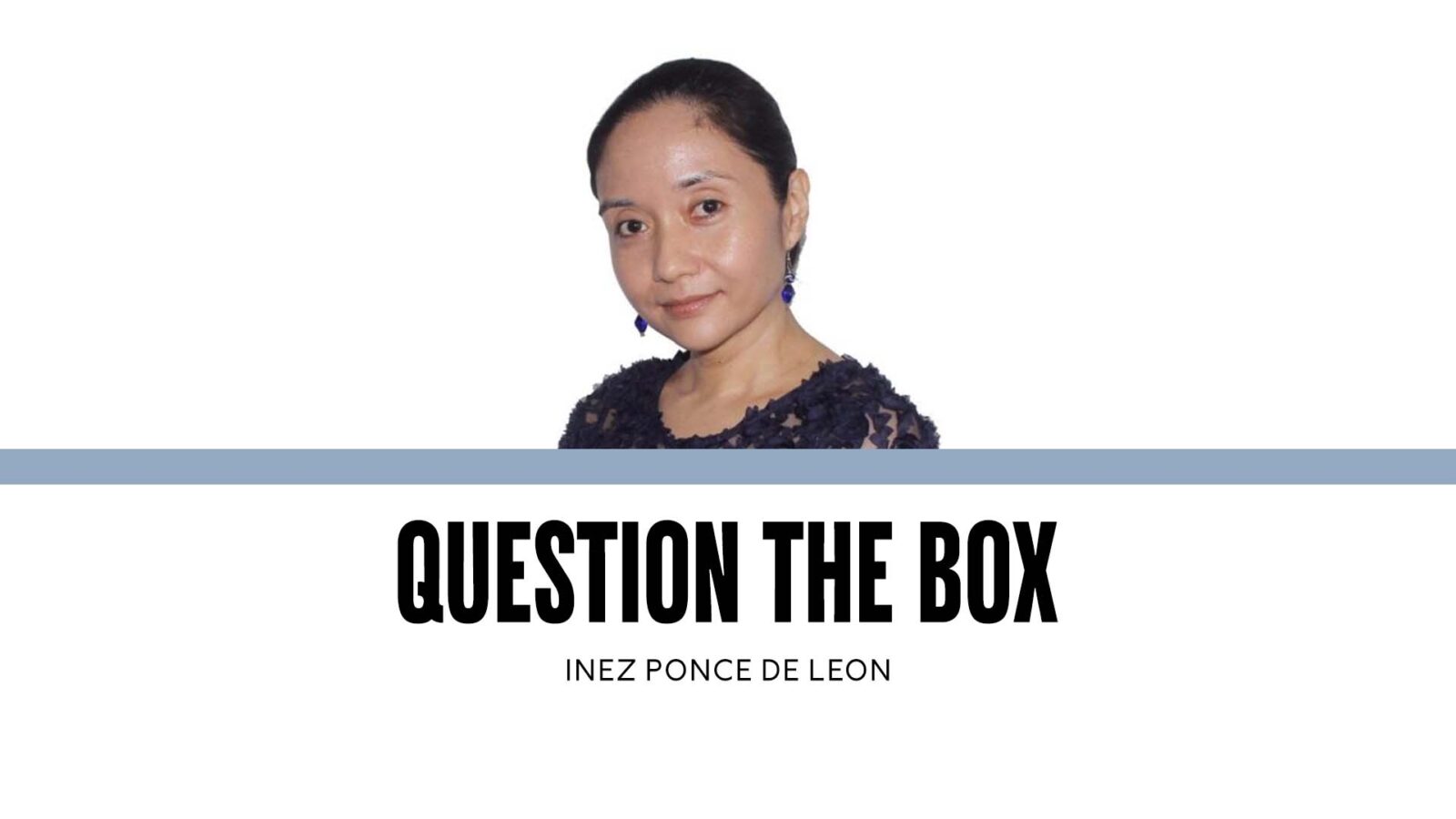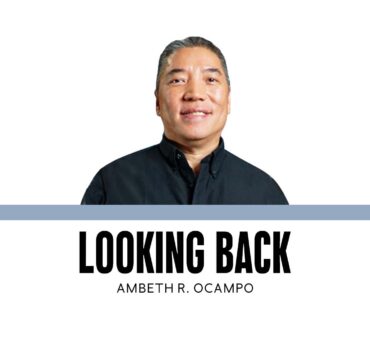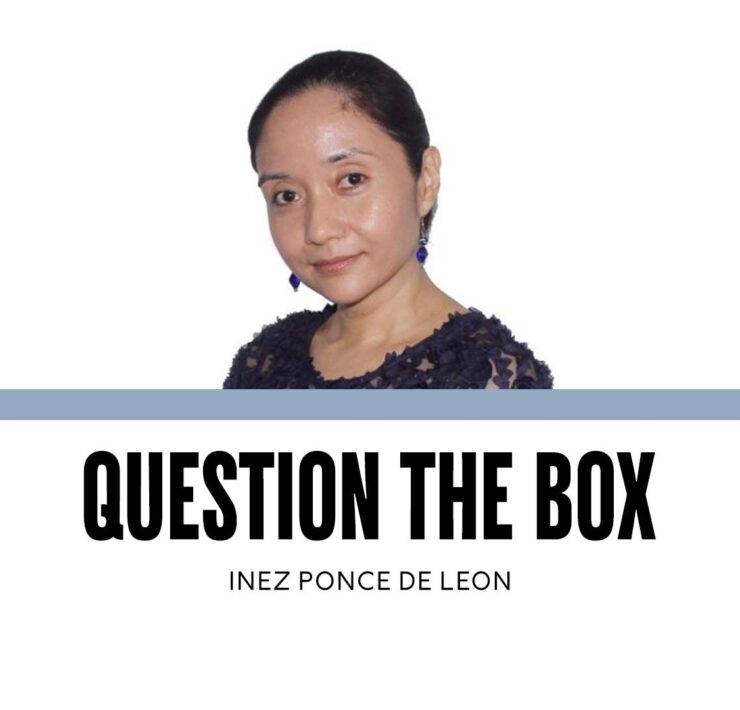Beyond guilt, above envy

As part of my graduate education at Purdue, I took a required course on intercultural communication. Our class comprised students from a variety of cultural backgrounds. We had an exciting reading list, with many of the readings tackling institutionalized racism in countries that many would have otherwise thought of as industrialized and intellectually advanced.
Because our professor was American, she included readings that called out historical accounts and present-day naivete. Along with the stories of the first European settlers were the accounts of smallpox blankets and alcohol being brought in to control the tribes of the First Nations. With the Civil War came stories of how today’s social institutions never escaped slavery and racism. The discussion of social movements was the persistent mistreatment of nonWhites in the US.
I loved the readings and class discussions because they gave me the tools to think critically about any society that purports to value human life but also applies it only to a select few. My American classmates, on the other hand, sometimes refused to attend class; others would try to take on the professor when the time for class discussions came, contending that today’s racism wasn’t something they had signed up to solve.
“Why am I being made to feel guilty for being born white?” one of my classmates groaned during a small-group discussion.
At first encounter, the words seem harmless—because really, why are the sins of our forefathers our fault? Why would our parents’ wrongdoings be our responsibility? Why should we be ashamed of our riches?
A deeper look reveals that someone who asks about feeling guilty is also revealing how they see the nature of sin: that its effects are felt only during the sinner’s lifetime and are the sinner’s sole responsibility, can be corrected through individual effort, and have no bearing on the rest of society.
This kind of thinking encourages enforced ignorance and callous silence when personal sins come to light. It is what allows the educated to say that people simply need to make more effort to succeed. It gives the privileged entitlement to flaunt their wealth as though they had earned it single-handedly, as though poverty were a deliberate decision by those who chose not to try hard enough.
Effort, however, is never a guarantee of upward mobility, and many people are pushed into poverty because of poorly designed social systems inherited from governments that took money from the hungry and gave it to the greedy. They are sometimes forced to be poor because of the privileging of one race over another, one sex over another, one language over another, one kind of person over another.
The questions don’t sound so different now: Why am I being made to feel guilty for being born white? Why am I being castigated publicly for showing off my family’s wealth?
Because, child, you did not bother to question how you are benefiting from the sins of your forebears and the institutions that they inherited: the privilege accorded to your ethnicity that allowed your parents to live comfortably while others did not have the same opportunities that you were later exposed to, the privilege accorded to your family so that it could be paid exorbitant amounts of money while the poor suffered under the failure of the projects that it promised to fulfill.
Because, anak, you are focusing so much on your guilt. You are making this, yet again, about you. You did not ask about the people around you, what their lives are like, what their experiences are.
Because, hijo, hija, you should have seen the floods last weekend, the bridges that collapsed, the farmlands now turned into gated subdivisions. You should have seen the results of poor urban planning, a preponderance of concrete, a lack of green spaces, and corruption at every level of government.
Instead, you focused on how you were hurt when people showed you reality. True, you can’t change your skin color or upbringing, but you can change how you understand the world—and how you act on that understanding.
Poverty is not a choice, but when the suffering of your fellow citizens is so obvious, so blatant, and so explosive, then your heartlessness is.
Any act of showing off is equal to slapping people across the face with a spectacle of extravagance that represents the money that would have fed, clothed, and sheltered families for months.
And yet, in patronizing such online content, are we not complicit in allowing corruption to persist? In merely mocking the privileged without turning our anger into action and votes for actual leaders, do we not also engage in enforced ignorance and callous silence?
Or shall we just wait for our descendants to ask their teachers one day: Why am I being made to pay for the silence of my parents?
Because, child, anak, hijo, hija: speaking out isn’t always about envy, and silence isn’t always peace. It can mean blindness. Secrecy. Injustice.
Today, we are already paying for that silence with death and shame.


















